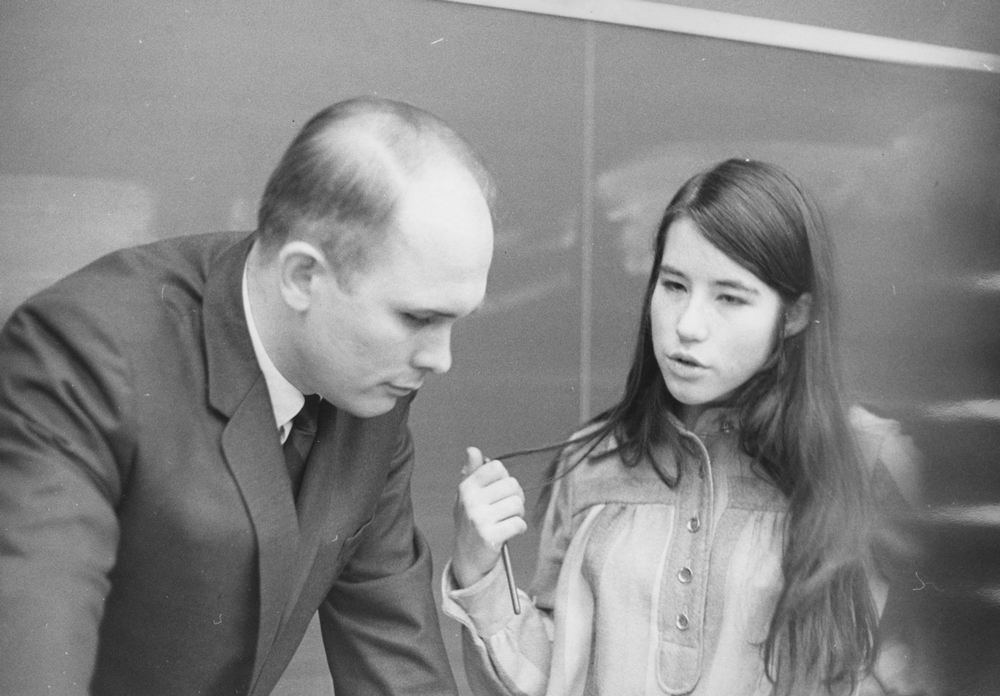Near Eastern History professor Fred M. Donner discussed his research on a papyrus letter that he believes may be the oldest existing written document from early Islamic society, in a Humanities Day talk entitled “An Enigmatic Papyrus Document from Early Islam,” on Saturday.
Donner explained that the letter has been housed at the Oriental Institute since 1947, but was passed over by his predecessors due to the seemingly unremarkable nature of its content (the giving and division of a moderate sum of money). However, when Donner came across the document by chance a few years ago, he noticed some highly intriguing characteristics that his predecessors had failed to see.
He first recognized that the style of Arabic in which the letter is written is very outdated. Several Arabic characters are written in a way that had fallen out of use by the eighth century C.E., indicating that the letter is from relatively shortly after the time of Muhammad. Almost no Arabic documents from this time period are known to still exist, he explained.
Donner also pointed to the content of the letter as evidence of its old age. The polite formalities at the beginning of the letter reference a single God, but in general terms that do not explicitly invoke Islam, suggesting that it may have come from the early days of Islam, he said.
Radiocarbon dating of the document has indicated that it was written in the early ninth century C.E., even though Donner’s research suggests it dates back even farther. Donner believes the document is either a copy of an earlier document or that the radiocarbon dating is off. He plans on testing several similarly dated documents to see if the radiocarbon dating was inaccurate.
Considering the paucity of early Islamic documents, Donner noted that he and other historians of Islamic history “must try to use every scrap of actual documentary evidence that [they] can find.”








